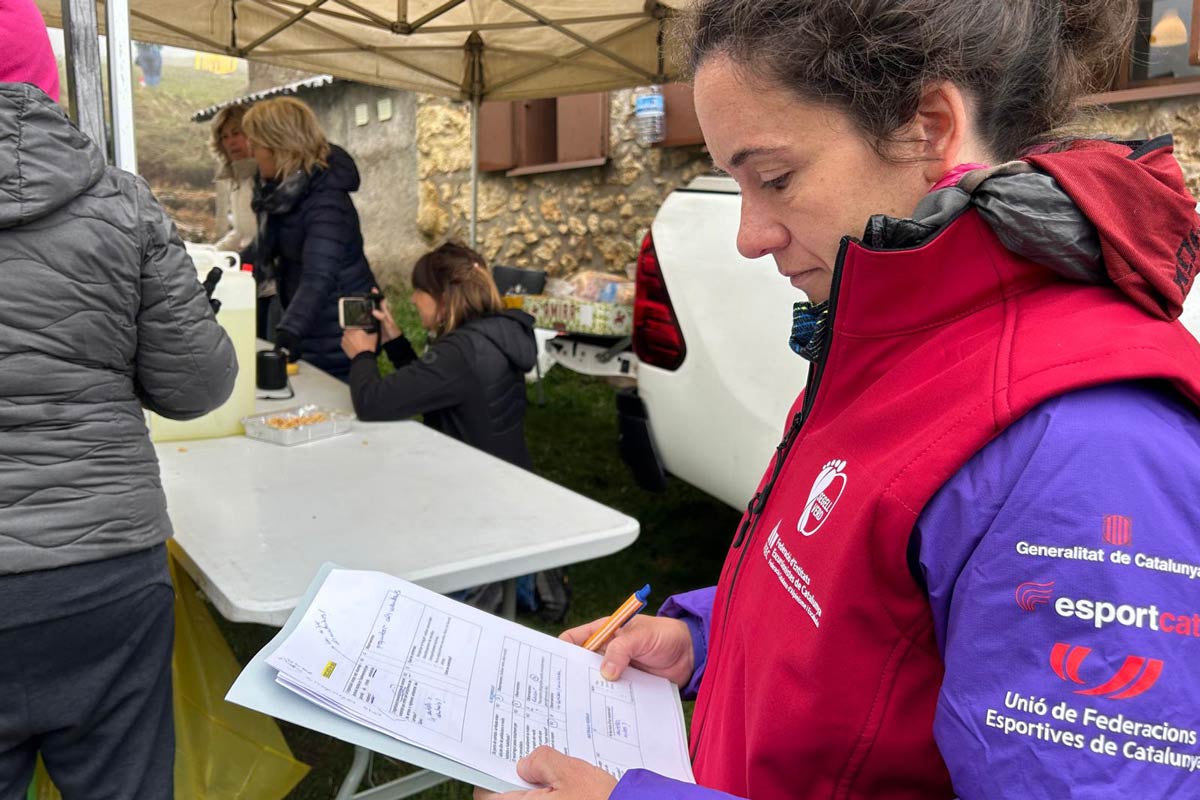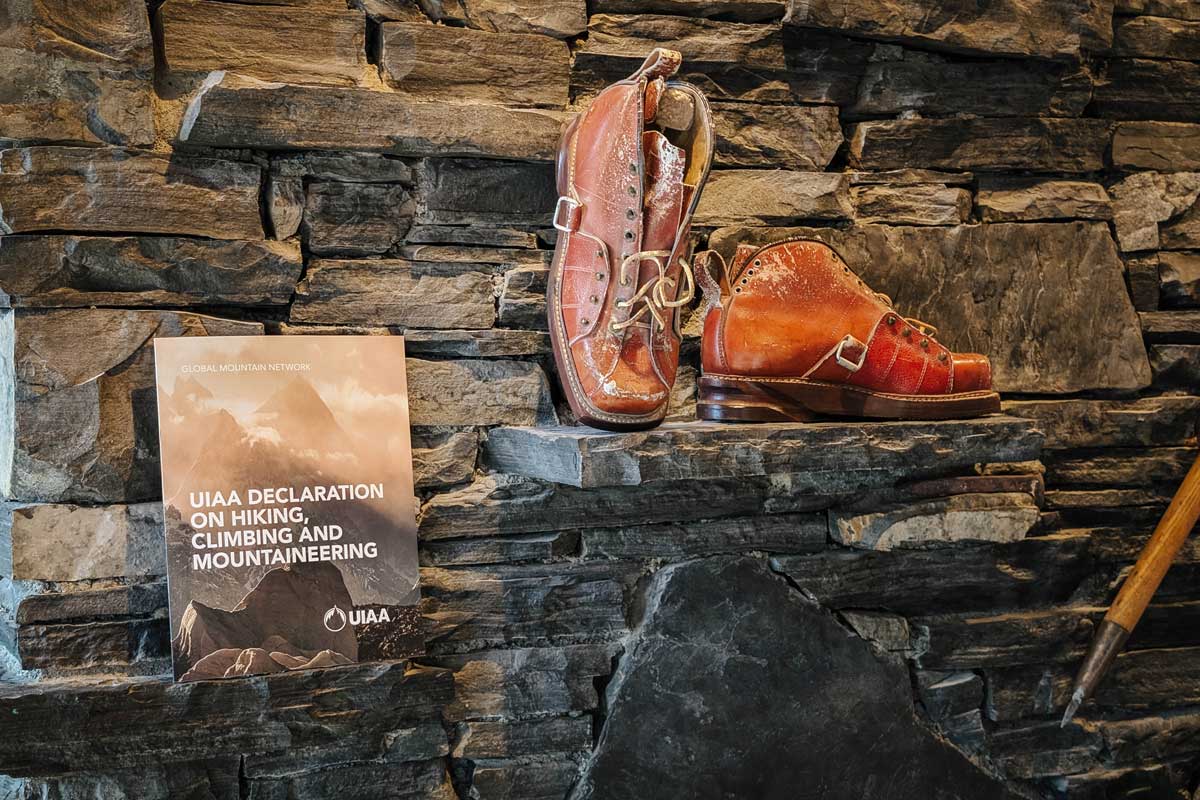The UIAA Mountain Protection Commission has expressed concern that a proposal by the mayors of two towns near Mont Blanc, the highest mountain in the Alps, endangers ongoing efforts to designate it as part of the UNESCO World Heritage List.
The letter signed by commission president Linda McMillan on 18 March 2013 was in response to an application by the mayors of Chamonix (France) and Courmayeur (Italy) last year to use the region’s historical association with mountaineering as the basis to have alpinism/mountaineering designated under the intangible World Heritage List.
“I fear that the registration of two applications at the same time – one concerning material heritage (natural and cultural) and one concerning intangible heritage – may doom the chances of any successful World Heritage status for this most deserving site,” said McMillan.
McMillan says her preference would be for the heavily visited mountain region to be recognized for its “natural and cultural values” similar to the way Yosemite National Park was designated a World Heritage Site in 1984. Such an application for Mont Blanc has been in the works for almost 15 years.
The “natural and cultural” designation, she said, recognizes the geology of the mountain and its special features such as the many dramatic aiguilles and knife-edged ridges and other features that soar out of the rock and ice, of value to all visitors, not just mountaineers, said McMillan.
The “intangible” designation, said McMillan, has more to do with human activities such as mountaineering or even cooking as was the case with the French gastronomy including organising and serving the courses, presentation and choice of wines accorded to the meals.
McMillan said she understands the desire to attract more people to an area for the purpose of business and boosting the local economy but it can be destructive to mountain environments such as the popular Mont Blanc region over decades.
“Basing the World Heritage merit of the Mont Blanc Range simply on providing a platform for alpinism and mountaineering activities is inappropriate,” McMillan said.
The UIAA Mountain Protection Commission letter which was sent to the group Pro Mont Blanc was in response to a request for input from the group. Pro Mont Blanc is an association representing 25 environmental groups in France, Italy and Switzerland. It is concerned the “intangible” designation application will not sufficiently protect the renowned mountain range. The group has been lobbying for a tri-national biosphere reserve plan required by UNESCO.
“The more recent UNESCO Convention on intangible (immaterial) World Heritage, however, does not require any territorial protection on the ground,” said Barbara Ehringhaus of Pro Mont Blanc.
“That is why we are concerned about an eventual parallel nomination process which would not result in any physical protection of the massif, but deviate from an authentic engagement of the local municipalities for their precious environment – even if it were only for a marketing effect,” said Ehringhaus.


